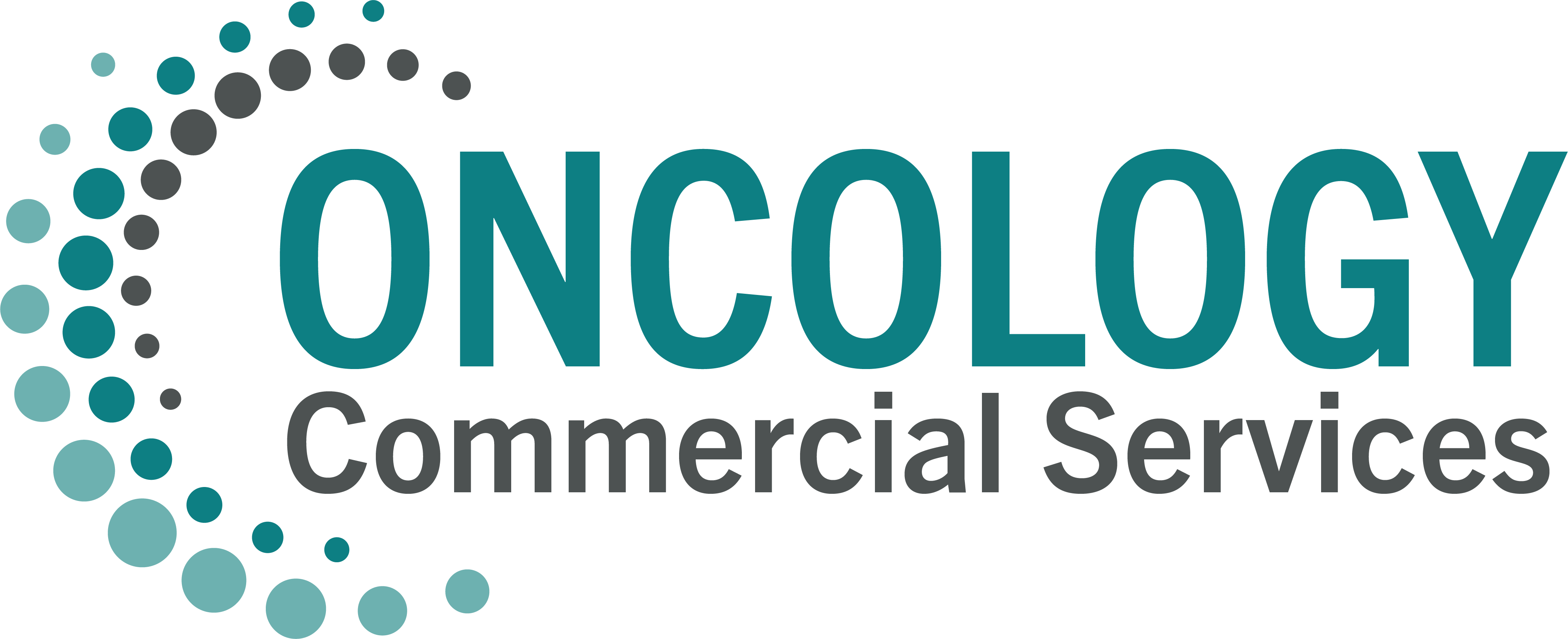NGS greatly helps in overall management of NSCLC
A recent real-world study observed that 24% of patients with advanced non–small cell lung cancer (aNSCLC) with actionable driver oncogenes (ADOs) initiated nontargeted therapies before biomarker test results became available. This study assessed the clinical impact of the timing of frst-line (1L) targeted therapies (TTs) in aNSCLC.
This retrospective analysis of a nationwide electronic health record–derived de-identifed database included patients aged ≥18 years diagnosed with aNSCLC with ADOs (ALK, BRAF, EGFR, RET, MET, ROS-1, and NTRK) from January 1, 2015, to October 18, 2022, by biomarker testing within 90 days after advanced diagnosis and received 1L treatment. Cohorts were defined by treatment patterns ≤42 days after test results: “Upfront TT” received 1L TT ≤42 days; “Switchers” initiated 1L non-TT before or after testing but switched to TT ≤42 days; and “Non-switchers” initiated non-TT before or after testing and did not switch at any time. Adjusted multivariate Cox regression evaluated real[1]world progression-free survival, real-world time to next treatment or death, and real-world overall survival.
A total of 3540 patients met the study criteria; 78% were treated in a community setting, and 50% underwent next-generation sequencing (NGS). There was no signifcant difference in outcomes between Switchers and Upfront TT; inferior outcomes were observed in Non-switchers versus Upfront TT.
Our findings demonstrated improved outcomes with upfront 1L TT versus non-TT in patients with aNSCLC with ADOs and observed timely switching to TT after biomarker test result had similar outcomes to Upfront TT. Opportunities remain to improve the use of NGS for early ADO identification and determination of 1L TT.
READ THE ARTICLE – https://academic.oup.com/oncolo/advance-article/doi/10.1093/oncolo/oyae022/7615789?login=false
